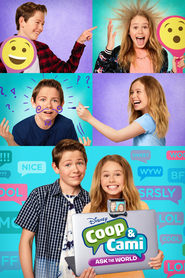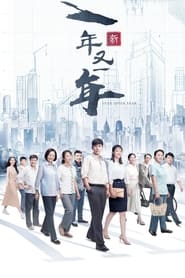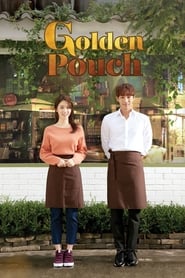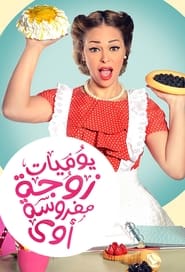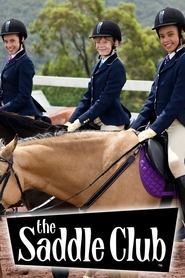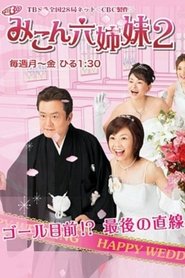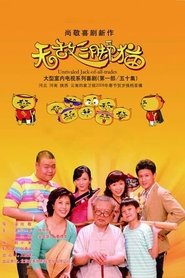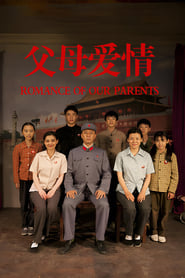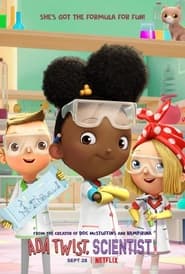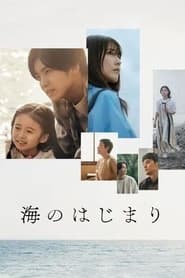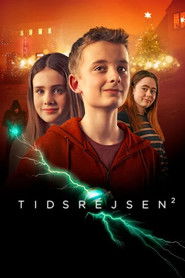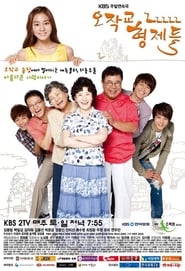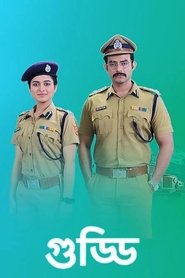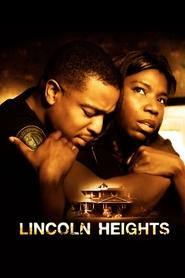Popular Family TV Series - Page 70
-
Accidentally in Love
2018
Accidentally in Love
2018
star 7.5When Situ Feng decides to go back to school, he becomes the center of attention as fans, classmates and the media follow his every move. He meets Chen Qingqing, an ordinary student with a dual personality. -
Coop & Cami Ask the World
2018
star 7.9A pair of middle-school siblings make nearly all of their decisions by crowdsourcing the opinions of their millions of online followers. -
Another Year
2024
Another Year
2024
star 6Set against the backdrop of forty years of reform in Huli, Beijing, the Chen, Lin, and Pan families experience profound transformations. From career achievements to personal struggles, each family member confronts love, loss, and the changing tides of life, shaping their destinies in unexpected ways. -
Golden Pouch
2016
Golden Pouch
2016
star 5When Han Suk-Hoon was little, he was adopted by a family in the United States. He returns to Korea as an adult and works as an excellent surgeon, but he falls into a bottomless pit. He succeeds as a dumpling master. -
Diaries of a Very Angry Wife
2015
star 5Engi the journalist works with her husband in the same place, because of their different political views they experience funny social situations. -
My Healing Love
2018
My Healing Love
2018
star 5Im Chi-Woo never wanted to become a good daughter, a good daughter-in-law or a good wife, but she sacrifices herself to take care of her family. She is married to immature Park Wan-Seung and she works several part-time jobs to support her family. Under her difficult situation, she keeps smiling and maintaining her positive attitude. Choi Jin-Yoo is a divorcee and he has a daughter. He works hard and tries live positively for his daughter. He encounters a nightmare like scenario. -
Hallo Spencer
1979
Hallo Spencer
1979
star 6.7Hallo Spencer is a German children's television series, created by Winfried Debertin and produced by Norddeutscher Rundfunk from 1979 until 2001. In these 22 years, 275 episodes were filmed, including a number of 'specials' featuring the characters taking part in traditional fairy tale and nursery rhyme themed stories. It is a puppet based show, featuring characters created and operated in the same fashion as Jim Henson's Muppets and Sesame Street, which in fact, some of the show's staff were former employees of the German version of Sesame Street. To this day, the series is popular and well loved in its home country to the extent that the theme park Heide Park features a themed area devoted to the show. The series has been repeated on the commercial channels Nickelodeon Germany and on the pay-TV channel Premiere. Episodes were regularly found on regional broadcast stations until March 2011. -
Buchstaben Battle
2020
Buchstaben Battle
2020
-
The Saddle Club
2001
The Saddle Club
2001
star 6.3The Saddle Club is a children's television series based on the books written by Bonnie Bryant Like the book series, the scripted live action series follows the lives of three teenage girls in training to compete in equestrian competitions at the fictional Pine Hollow Stables, while dealing with problems in their personal lives. Throughout the series, The Saddle Club navigates their rivalry with Veronica, training for competitions, horse shows, and the quotidian dramas that arise between friends and staff in the fictional Pine Hollow Stables. In each show, The Saddle Club prevails over its adversities, usually sending a message emphasizing the importance of friendship and teamwork. -
Mush-Mush & the Mushables
2020
star 2Follow the forest adventures of Mush-Mush, his best friends Chep and Lilit and the rest of the Mushable community, as they explore, grow and discover just how fun and wild life can be. Mushables are the Guardians of the Forest, and each member has a special talent or ability – while Mush-Mush can communicate with nature, Chep has a huge memory and Lilit lights up and glows – all of this in theory at least, as they all still have a lot to learn! -
Mikon Rokushimai
2006
Mikon Rokushimai
2006
The story of the second daughter of the heroine who took over the ruins of the house in Nariyuki, sisters who do not go to the bride for each reason, and the father who has six daughters. The six sisters bring in troublesome things that involve the family every time, and in a development that does not get bored, the worries and joys of the large family over marriage are drawn brightly and comically. -
无敌三脚猫
2009
无敌三脚猫
2009
-
Ada Twist, Scientist
2021
Ada Twist, Scientist
2021
star 6.2Pint-sized scientist Ada Twist and her two best friends are asking big questions — and working together to discover the truth about everything! -
The Beginning of the Sea
2024
star 7.7A love story depicting the connection between parents and their children in various forms. -
Time travels
2014
Time travels
2014
star 7.1A teenage girl wish for her parents to get back together, when suddenly she meets a time traveling guy from the future. Together they try to change both the past and the feature - with small bumps on their way. -
Ojakgyo Family
2011
Ojakgyo Family
2011
star 7The story of a family with four sons who live together with their relatives on a farm near Seoul. Hwang Tae Hee is the third son and a policeman who falls in love with a girl named Baek Ja Eun. Baek Ja Eun is a haughty young woman who only believes in her pretty looks and is quick to flare up in anger. -
Guddi
2022
Guddi
2022
Guddi looks up to Inspector Anuj, who is also engaged to her favourite teacher Shirin. What happens when she finds herself stuck between the two? -
Lincoln Heights
2007
Lincoln Heights
2007
star 8.7Eddie Sutton is a dedicated police officer, his wife Jenn, a devoted nurse, but their most important job is as parents to their three teenage children Cassie, Tay and Lizzie. They're your everyday American family living in the suburbs of Southern California, but the Suttons are thrown for a loop when Eddie decides to move his wife and three kids to the inner-city neighborhood where he grew up. -
Three Daddies with One Mommy
2008
star 4Song Na Young and her husband, Jung Sung Min, desperately want a child but her husband is unable to get her pregnant. Her husband's friends decide to help them. But Na Young suddenly loses her husband in an accident and she gives birth to her daughter but does not know which of her husband's friends fathered her child. The father of Na Young's child can either be Han Soo Hyun, Choi Kwang Hee, or Hwang Kyung Tae.
 Netflix
Netflix
 Amazon Prime Video
Amazon Prime Video
 Apple iTunes
Apple iTunes
 Apple TV Plus
Apple TV Plus
 Disney Plus
Disney Plus
 Google Play Movies
Google Play Movies
 Paramount Plus
Paramount Plus
 Hulu
Hulu
 HBO Max
HBO Max
 YouTube
YouTube
 fuboTV
fuboTV
 Peacock
Peacock
 Peacock Premium
Peacock Premium
 Amazon Video
Amazon Video
 The Roku Channel
The Roku Channel
 AMC+
AMC+
 Kocowa
Kocowa
 Hoopla
Hoopla
 The CW
The CW
 Vudu
Vudu
 Starz
Starz
 Showtime
Showtime
 PBS
PBS
 Pantaflix
Pantaflix
 FXNow
FXNow
 Tubi TV
Tubi TV
 Kanopy
Kanopy
 Comedy Central
Comedy Central
 Crunchyroll
Crunchyroll
 Microsoft Store
Microsoft Store
 Redbox
Redbox
 Sun Nxt
Sun Nxt
 ABC
ABC
 DIRECTV
DIRECTV
 Crackle
Crackle
 Fandor
Fandor
 Plex
Plex

